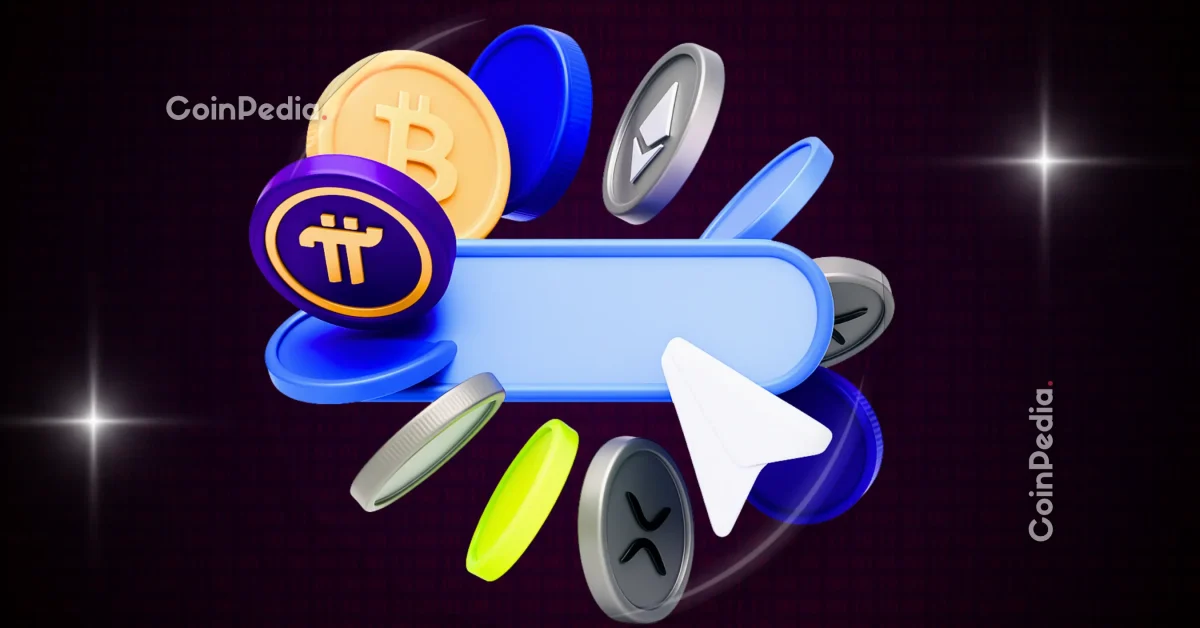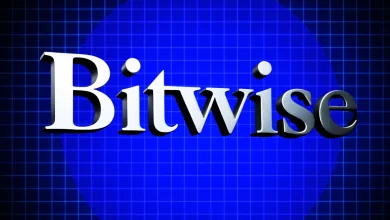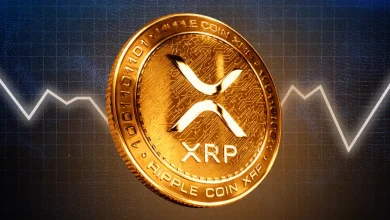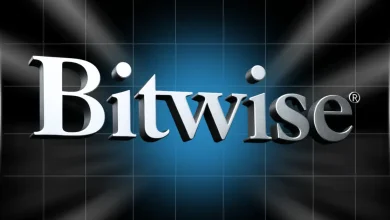
Pi Network faces confusion as unofficial “GCV” claims spread, while experts warn of misinformation and the project searches for a clear, credible direction.
Pi’s future may hinge on PiUSD and RWA integration, with partnerships hinting at a shift toward a structured dual-token ecosystem built for real utility.
In a crypto market waiting for its next breakout, Pi Network continues to struggle with direction. Once seen as a community-driven revolution, the project now sits in limbo, caught between promise and misunderstanding.
The network was founded on a simple idea: one coin, one community, one vision. But confusion has spread across the ecosystem as many users turn to unofficial sources for guidance. A so-called “GCV handbook,” written by community members, claims that 1 Pi equals $314,159 and that there are two different Pi tokens for exchanges and GCV transactions.
According to crypto expert Dr. Altcoin, this is entirely false. “There is no such thing as a dual value using the same ticker like Pi,” he explained, saying that real dual-token systems such as InterLink’s ITLG and ITL use separate tickers for clarity and function.
PiUSD and RWA Integration Shape Pi Network’s Possible Future
The Pi Core Team (PCT) appears to be exploring legitimate paths for future growth instead. Two directions stand out:
- Real-World Asset (RWA) Integration
Pi may adopt the ERC-3643 standard to bring tokenized assets on-chain, which would likely require a stablecoin, possibly named PiUSD, to maintain value stability during transactions. - Partnership with OpenMind
This collaboration aims to support decentralized robotic systems using Pi’s unused nodes, where a stablecoin like PiUSD could again play a key role in facilitating payments.
The analyst said that it could take years before Pi reaches full ecosystem maturity. Yet its future could mirror that of XRP, which recently introduced RLUSD, a stablecoin designed to complement XRP’s payment network.
If Pi follows a similar path, it might evolve into a dual-token economy with Pi for utility and PiUSD for stability, replacing speculation with structure.
Never Miss a Beat in the Crypto World!
Stay ahead with breaking news, expert analysis, and real-time updates on the latest trends in Bitcoin, altcoins, DeFi, NFTs, and more.
FAQs
A community-made “GCV handbook” falsely claims fixed prices and dual values. The project has not announced any official Pi price or dual-value model.
No. Experts confirm Pi uses a single ticker and has no dual-token system. Claims of separate exchange and GCV tokens are not supported by the project.
PiUSD is a potential stablecoin that could support stable payments, especially if Pi adopts tokenized assets or powers robotic systems through partners.
Possibly. Analysts say Pi may follow models like Pi for utility and a stablecoin for stability, helping shift the ecosystem from speculation to structure.
Trust with CoinPedia:
CoinPedia has been delivering accurate and timely cryptocurrency and blockchain updates since 2017. All content is created by our expert panel of analysts and journalists, following strict Editorial Guidelines based on E-E-A-T (Experience, Expertise, Authoritativeness, Trustworthiness). Every article is fact-checked against reputable sources to ensure accuracy, transparency, and reliability. Our review policy guarantees unbiased evaluations when recommending exchanges, platforms, or tools. We strive to provide timely updates about everything crypto & blockchain, right from startups to industry majors.
Investment Disclaimer:
All opinions and insights shared represent the author's own views on current market conditions. Please do your own research before making investment decisions. Neither the writer nor the publication assumes responsibility for your financial choices.
Sponsored and Advertisements:
Sponsored content and affiliate links may appear on our site. Advertisements are marked clearly, and our editorial content remains entirely independent from our ad partners.







